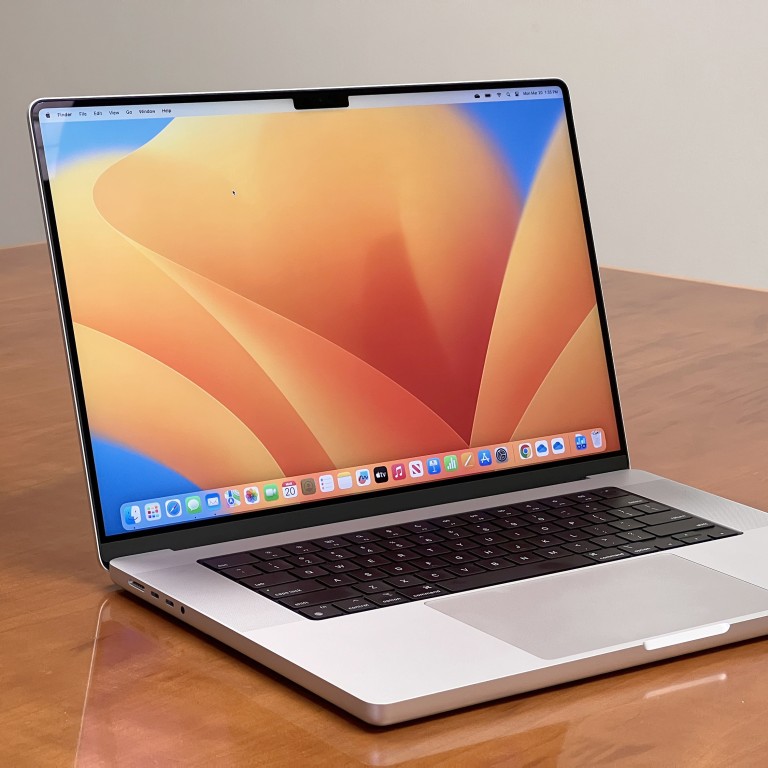
Apple said to explore MacBook production in Thailand to cut supply chain reliance on China amid decoupling with US
- The US gadget giant is reportedly discussing with contractors the possibility of producing some parts for its laptops in Thailand
- Apple has accelerated plans to make more MacBooks outside China, once the only country that made the computers
Apple is reportedly exploring manufacturing some MacBooks in Thailand, a move that underscores the urgency of the US tech giant’s push to reduce its reliance on China-based factories amid growing geopolitical tensions, analysts said.
The Cupertino, California-based firm is discussing with contractors the possibility of assembling and producing some parts and modules for its laptops in the Southeast Asian nation, according to a report on Thursday by Nikkei Asia, citing three anonymous suppliers involved in those talks.
Apple has already been producing its Apple Watch in Thailand for over a year, the report said.
Despite ongoing tension between Washington and Beijing, Apple had for years kept MacBook production exclusively in China, a sign of the country’s importance to the company’s supply chain.
“Supply chain diversification remains a core objective for Apple, and we should expect it to persist into the foreseeable future,” said William Yuen Yee, a research assistant at the Columbia-Harvard China and the World Programme.
“Covid-related restrictions and lockdowns in China accelerated this trend, and rising geopolitical tensions kicked it into a higher gear, ” he said. “While its supply chains won’t completely shift overnight, the move highlights Apple’s continued awareness of the risks posed by excessive dependence on China.”

Some of Apple’s mainland China-based suppliers have expressed concerns over the cost of relocation, according to a source close to those companies, who requested anonymity given the sensitivity of the matter.
Those firms that have yet to have a presence in Southeast Asia are keeping a wary eye on the trend, while those that have already set up factories there are also finding the move a challenge, the person said, adding that the outflow of MacBook production is expected to happen faster because it is handled mostly by Taiwanese manufacturers.
As Apple and its contractors move assembly lines out of mainland China, however, the country remains a key market for the smartphone maker.
“This has been a symbiotic kind of relationship that I think we both enjoyed,” Cook said at the government-organised China Development Forum.


